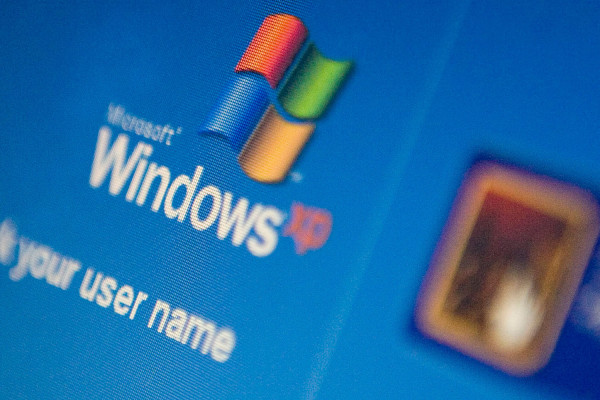
In the business world making an impression on someone can be a lasting mark on how you are perceived. That being said most of today’s first encounters are no longer face to face or even on the phone, they happen over the internet. With these first time encounters occurring in cyberspace it is safe to assume that they are via e-mail and sometimes a messenger service.
When using text to communicate the idea of “tone” becomes a very critical issue that can easily escape us, especially if we are writing something quickly. A great deal of business conversations sent through e-mail are short and meant to convey an idea quickly. Unfortunately short and quick can be easily translated as rude or even reflect some idea of anger/unhappiness. This is only one example of how your “text tone” can insight any number of feeling depending on how you express yourself.
Here we will explore how simple changes in your writing style can effectively alter how you sound to others.
- Professionalism – Since we are strictly speaking about e-mails in a business setting, there should always be an air of professionalism to the way you write. This means there is no slang or other commonly used social abbreviations. This does not mean that your writing should be dry and boring, lacking any enthusiasm. In fact take a minute to see who it is you are writing to and follow a queue from your understanding of appropriate face to face social language interactions.
- Friends – It is unavoidable, you will make friends where ever it is you work. When writing to your friends via means provided by an employer there is some wiggle room for how you address and write to them. Although please keep in mind that regardless of how close you are to you friends, you are using employer resources and time to communicate with them. And have no doubt that there is a record of your conversations kept for any auditing purposes, whether it be e-mail, messenger system, or any other electronic method.
- Length – The length of a message is critical depending on whom you are addressing. Long messages should be kept to a minimum unless they are required to convey some information that is absolutely needed in detail. Unnecessarily long e-mails, especially to prospective clients of your organization, can be over looked due to their lengthiness. On the other hand we have messages that are too short; and example might be an e-mail with a single word like “no” or “ok”. Here the issue is that this could be understood as curt due to its brief nature. This short answer could be appropriate in a text messenger or even a phone text but it would be wise to avoid it.
- Be Yourself! – This could be the most important rule to follow when trying to communicate via written language over an electronic medium. If you try to be too professional you can come off sounding very impersonal and whomever you are writing to might assume that the message was not written by an actual person. Being professional does not mean you have to lose your voice, it just means you must take certain considerations into account when drafting an e-mail or message.
In the end you just need to make the best judgment call for the context of your writing and be aware of your intended audience. If you cannot come to a good conclusion on how you might write to someone, just imagine that you are writing a letter to your grandparents (minus all the mushy stuff).


